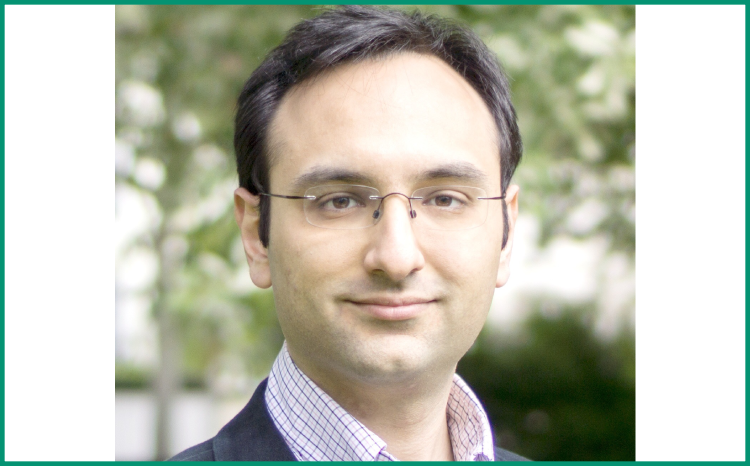Facebook approached US medical academies about sharing patient data
- 11 April 2018

Facebook was looking into a project that would see patient records linked to users’ profiles, it has emerged.
According to reports, Facebook approached medical institutions in the United States to find out whether they would be willing to share anonymised patient data.
The social media firm planned to correlate this data against Facebook users to find out whether it could be used within targeted care scenarios.
Facebook confirmed in a statement to CNBC that it had approached Stanford Medical School and the American College of Cardiology about the proposed data-sharing deal.
However, the company put the brakes on the plan after the Cambridge Analytics scandal left its privacy policies under scrutiny.
Facebook claimed that talks had not progressed past the initial planning phase and that it had not received any patient data.
Speaking to Digital Health News, Sam Smith, Coordinator of data privacy group Med Confidential, said: “If both Facebook and the hospital had thought this was in patients’ interests, they wouldn’t have abandoned it.”
Healthcare data presents a golden goose for internet giants, with Apple, Amazon and Google all making visible plays in this field.
Yet attempts by these companies to tap patient records have proved contentious, one of the most noteworthy examples being Deepmind’s agreement with Royal Free London in 2015.
Google, along with the Department of Health, also received flak in 2014 after details emerged of a proposed data-sharing agreement that would see NHS data included in Google search results.
In Facebook’s case, the project would see the company take anonymised patient data and match it with data on Facebook users using a cryptographic technique called hashing.
In doing so, the social media firm would be able to identify individuals whose Facebook data matched with the information held by a hospital on a patient, the theory being that this could help improve patient care.
‘Predators’
Yet Smith suggested that Facebook’s objectives had been “dressed up”.
He said: “People tell their doctors their most intimate details in order to receive appropriate care. Predators see that as an opportunity to make money off people’s misfortunes and fears.
“There are legitimate uses of data; generally, they don’t involve Facebook or Google, which primarily seek to make money off data.”
Facebook has been universally savaged after revelations that it allowed research firm Cambridge Analytica to harvest data on users without their permission.
This data was then used by the firm to target users with politically-driven content that may have influenced voting decisions during the 2016 US presidential election.
Regarding the risks associated with handing patient data to Facebook and fellow digital monoliths, Smith said: “The only way to avoid the concern about dodgy is deals is for absolute transparency: every patient should be able to see every way their medical record is used, and every company looking at getting health data should expect that transparency.”






4 Comments
At least with facebook you get a degree of choice and control. The NHS is basically state enforced with limited options for opting out. With all the scandals around care.data, deepmind, wannacry, etc. it wont be long before the NHS hits the top of peoples privacy concerns, especially as patients get no visibility of their OWN records nevermind what they are used for.
Sorry Dan but everyone can access their OWN (capitals for some reason) records. Either via electronic means or just going and requesting it from their GP. To suggest otherwise is frankly deeply ignorant.
“In Facebook’s case, the project would […] take anonymised patient data and […] would be able to identify individuals whose Facebook data matched.”
That doesn’t sound like “anonymised” to me. Am I missing something?
Hard to argue against Facebook’s ability to do things at scale.
Obviously the current issues around data sharing/ security will get addressed, hopefully to everyone satisfaction.
Would I want my Facebook thingy (I don’t use it!) linked to my medical history – nope sorry
Comments are closed.